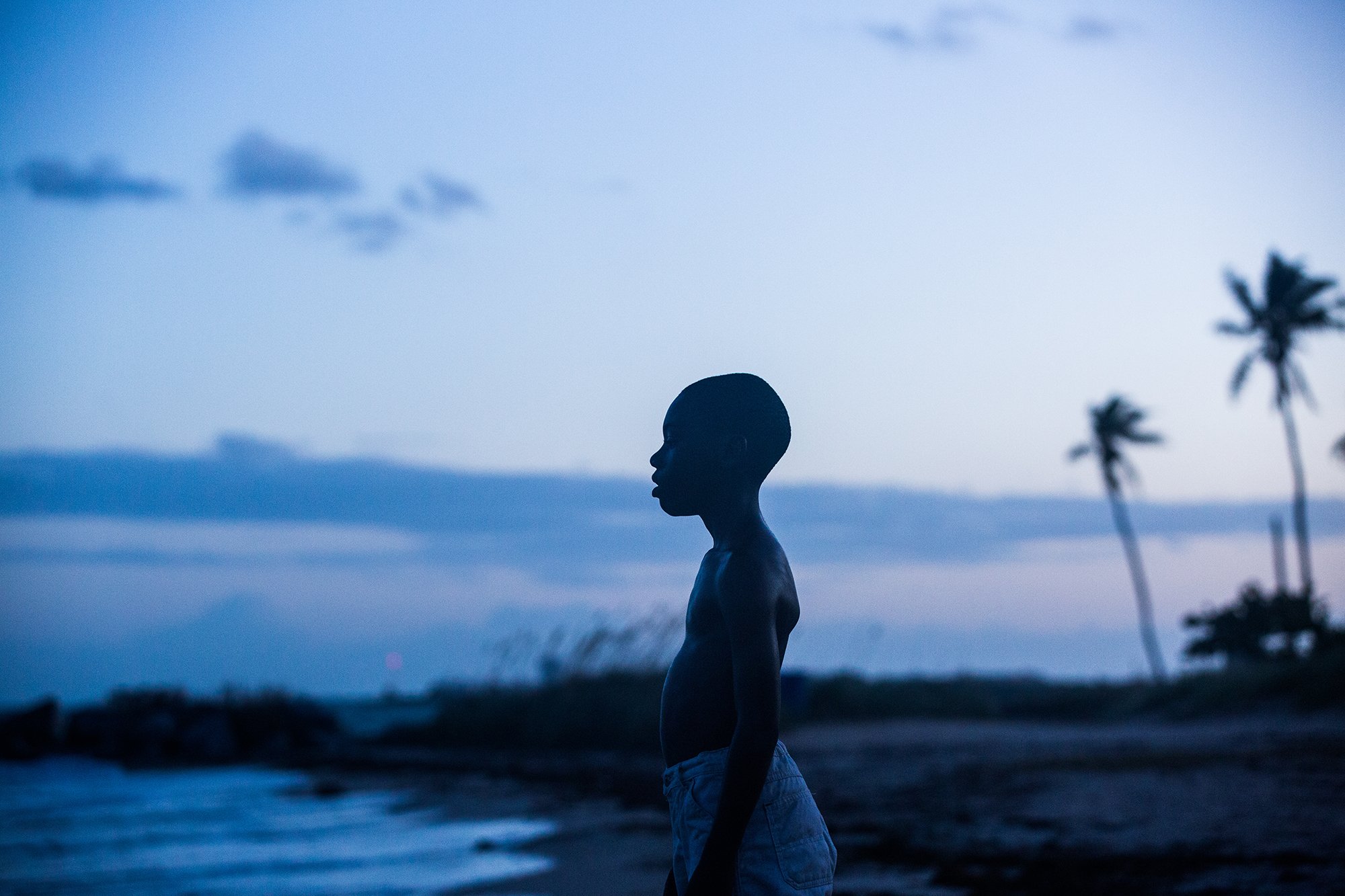Growing up, peers called me Lil’ Whitney for two reasons: I was quite small, and there was no shortage of teenage girls named Whitney in suburban middle class Texas.
Throwing ‘Lil’ in front of my name made it easier to designate who people were talking about in conversations. It was often not me. I was relegated to being compared to who I was not over whom I was, branded by what others thought in relation to me.
My very first day of college, the rite of passage to finding and becoming oneself, my name changed without my control again. I wish I remembered the name or face of the man who argued with me about what I’d called myself for 15 years (three-year-old me asked not to be called what I now proudly claim). That day, I became Princess.
As someone who largely identifies as masculine (despite the name), I think often about masculinity and how I can better embody what I feel best describes me. My masculinity is not rooted in misogyny, possession, or harmful power dynamics but thoughtful reaction and thinking about others’ emotions. I’ve worked very hard to ensure that mine is borne more from a gentle courtesy than a predatory conquering, an extension of who I’ve always been even before I identified as masculine.
“At some point in life you gotta decide for yourself who you gon’ be. Can’t let nobody decide for you.” – Juan, Moonlight
Because of this, I’ve always felt at odds with queer female representations in movies like Set It Off, Pariah or even 2009’s Mississippi Damned, where Chasity Kershal Hammitte plays a young masculine of center (MOC from here on out) lesbian who hinges her future on a woman who turns out to be straight. We tend to only talk about queer masculinity in relation to femininity, and fail to name the ways it exists without or outside of it. Many MOC women work to dismantle the ways that misogyny and/or other damaging power structures influence relationships, but often get lost in supporting their femme counterparts. Or, we’re not able to express ourselves outside of the preconceived notions placed on them by their clothing.
I say this because, as I sat in a theater watching Barry Jenkins’ Moonlight, a coming of age story centered on black queerness, I saw many iterations of myself in the main protagonist that I never imagined to see on screen. I’ve always deemed myself difficult to understand — I live inside silence not because I cannot speak, but because I can say so much without words. I’ve known and loved a few Kevins who’ve decoded me when others have demanded that I make myself plain, and it is their affirmation that’s sustained and recentered me.
What ultimately makes Moonlight such a heartbreaking film to me is that despite these reflections and ways I am ever-present to myself, I’m not actually in the film. And yet, here is my masculinity – both what I am and what I strive to be – showcased in the most honest ways. Quiet. Contemplative. Tender.
I most related to Juan in the movie, and how he became a surrogate mentor and father figure to the young Little. Through his first 15 minutes, we are filled with fear, watching this older man emotionally reach out to a young boy already struggling to connect to his peers. We wait for the moment when Juan shows himself to be who we think him to be, a predator, but instead, find a soft soul just trying to guide Little and keep him safe. The first time Juan takes Little home to his mother, she scolds Juan, and he leaves without a thank you or a proper goodbye from Little.
I am often this man, misunderstood. My malleable masculinity gets perceived as toxicity often before I speak, and I am not resentful of this. I understand and in many ways accept this as a reality that will only be changed with continued evolution. Masculinity, whether it’s dressed in bow ties or Timbs, is a trigger often partnered with trauma and danger.
In Moonlight, we see black male intimacy, something sorely missing from our hypermasculine culture that often stifles men and their feelings. Black male audiences collectively exhaled with relief during the viewing of this film. We bois, studs, butches, dykes and Ags did too, to the extent that we have always done – through the lens of cis men. In a world and culture that’s constantly asking me if I’m a man or if I want to be a man or if I’m the man in my relationship, it’s disheartening that, in this case, I am the man, and that’s the best representation I can get.

